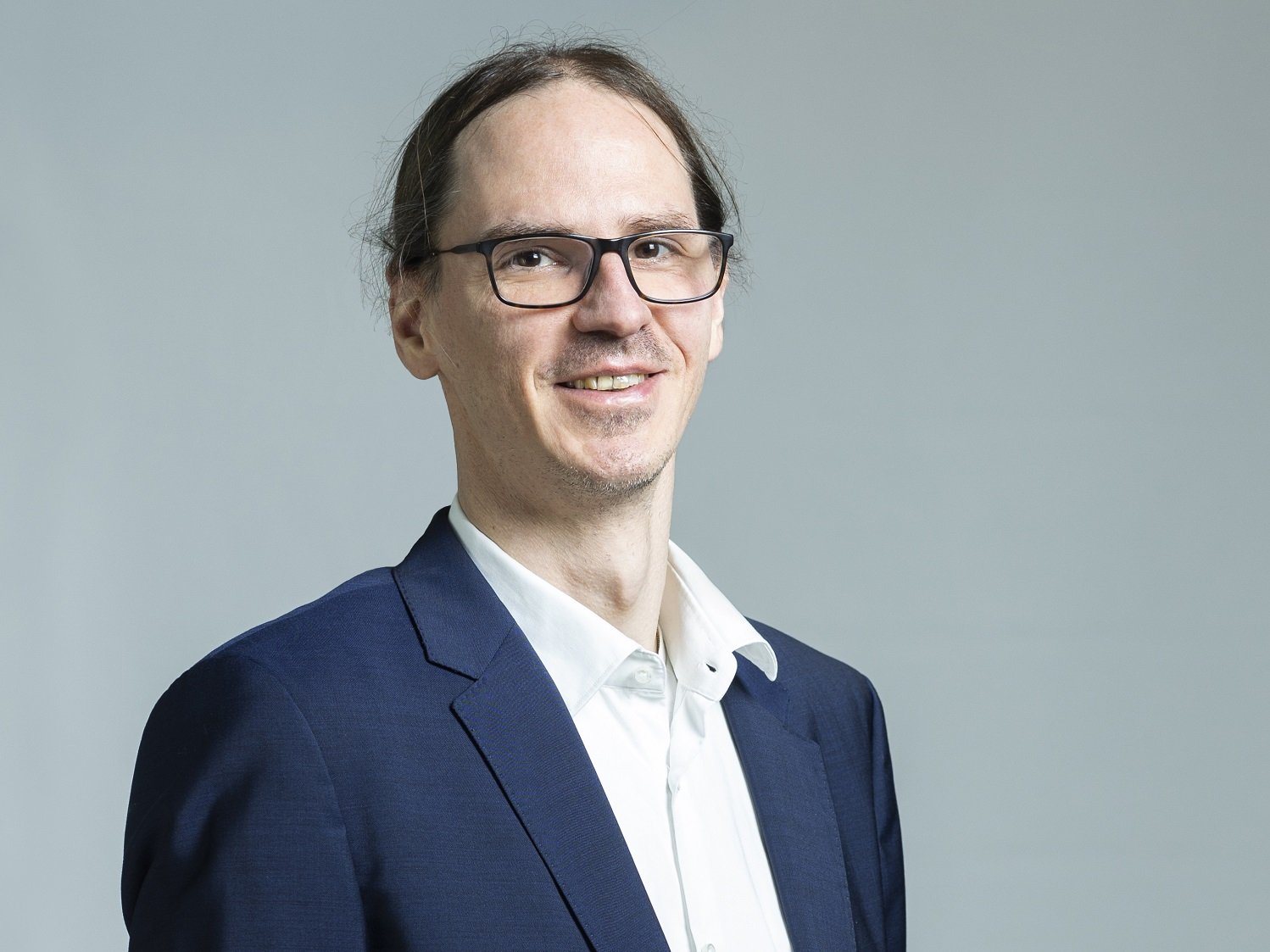+49 234 36186 9015
gregor.rehmer@pknrw.de
Do you have any questions about the Department or need further information? Please contact us.
The doctoral program ‘Media, Education, Aesthetics, Design’ within the Department of Media and Interactions provides a framework for doctoral projects that engage with the production and reception of media formats, the transformation of (mass) media and medial communication, their design and usage, and their effects on individuals and society.
In the doctoral program ‘Media, Education, Aesthetics, Design’ (Department of Media and Interactions), the scientific exploration of the transformation of (mass) media and medial communication is central. The focus lies particularly on
To comprehensively investigate these complex processes, they can be examined on the one hand in terms of their sociocultural, socioeconomic, media-content, media-didactic, media-theoretical, aesthetic, economic, political, cultural, or pedagogical implications. On the other hand, they can be analyzed from the perspective of various disciplines, such as media studies, communication studies, education, cultural studies, economics, linguistics, design, arts, history, social sciences, philosophy, or psychology. This doctoral program brings the different perspectives, questions and disciplines into dialogue to analyze, understand, and shape transformation processes.
Doctoral candidates enrolled in the program are supervised by a team of three professors. Their integration into the research environment of the Department of Media and Interactions ensures close connection to the academic disciplines relevant to their doctoral projects and actively promotes interdisciplinary exchange. The program’s mandatory and elective components support candidates in acquiring key subject-specific, methodological, and interdisciplinary competencies, preparing them for a digitalized working world, an academic career, or a specialist or leadership position outside academia in the media, education, or cultural sectors.
This program primarily addresses graduates with a degree in humanities, social, or cultural studies, or a degree in design or arts, who pursue doctoral projects aligned with the Department's key research areas ‘Media and Public Sphere’, ‘Media Culture and Media Education’, or ‘Aesthetics and Communication’. Doctoral projects related to media content, media products, media effects, audiences, competencies, education, media economy, media systems, aesthetics, history, and/or theories are especially welcome.
To be admitted as a doctoral candidate in the department and to be able to pursue a doctorate within the program, the following requirements must be fulfilled:
Admission as a doctoral candidate is decided by the doctoral examining committee.
The doctoral program consists of a mandatory and an elective component. It supports doctoral candidates in
The doctoral program is designed for a duration of three years, and should ordinarily be completed within five years. Extensions are possible upon request.
In the mandatory component, doctoral candidates are required to complete the following:
In the elective component, five achievements from at least three different focus areas must be completed:
The doctoral examining committee makes decisions regarding the recognition of elective achievements.
The department informs doctoral candidates about upcoming events via email and on the News and Events page.
The department regularly offers the following events:
In the summer semester, the department organizes a lecture series (Ringvorlesung) consisting of typically five sessions, each lasting two hours. The sessions take place online in the afternoons.
To strengthen methodological competencies, the department offers a dedicated course each semester:
Both formats are usually held online and each take place over a full day.
The doctoral colloquium takes place twice a year:
Both colloquia each last a full day.
The Doctoral School NRW regularly offers the mandatory workshops “Good Scientific Practice for Doctoral Researchers” and “Ethics and Responsibility in Science and Society” as part of the doctoral training program, as well as additional opportunities within its Interdisciplinary Qualification Program that support personal, academic, and professional development.
für den Antrag auf Annahme als Doktorand*in sowie Antrag auf Mitgliedschaft als promovierendes Mitglied (.pdf)
Confirmation of Main Supervision (.docx)
Confirmation of Co-Supervision (informal) (.docx)
Confirmation of Third Supervision (informal) (.docx)
Kurzanleitung (.pdf)
Vorlage für das Protokoll über die Disputation (.pdf)
Druckerlaubnis für die Dissertation (.pdf)
Informationen zur Veröffentlichung der Dissertation (.pdf)
Bestätigung der Einreichung der Pflichtexemplare der Dissertation durch die Hochschulbibliothek (.docx)
of the Department of Media and Interactions of the Graduate School for Applied Research in North Rhine-Westphalia from 10.05.2023 (.pdf)
of the Graduate School for Applied Research in North Rhine-Westphalia dated 31.01.2023 in the version dated 05.05.2025 (.pdf)
Dr. Gregor J. Rehmer
Coordination of the Deparment of Media and Interactions
+49 234 36186 9015
gregor.rehmer@pknrw.de
Do you have any questions about the Department or need further information? Please contact us.
